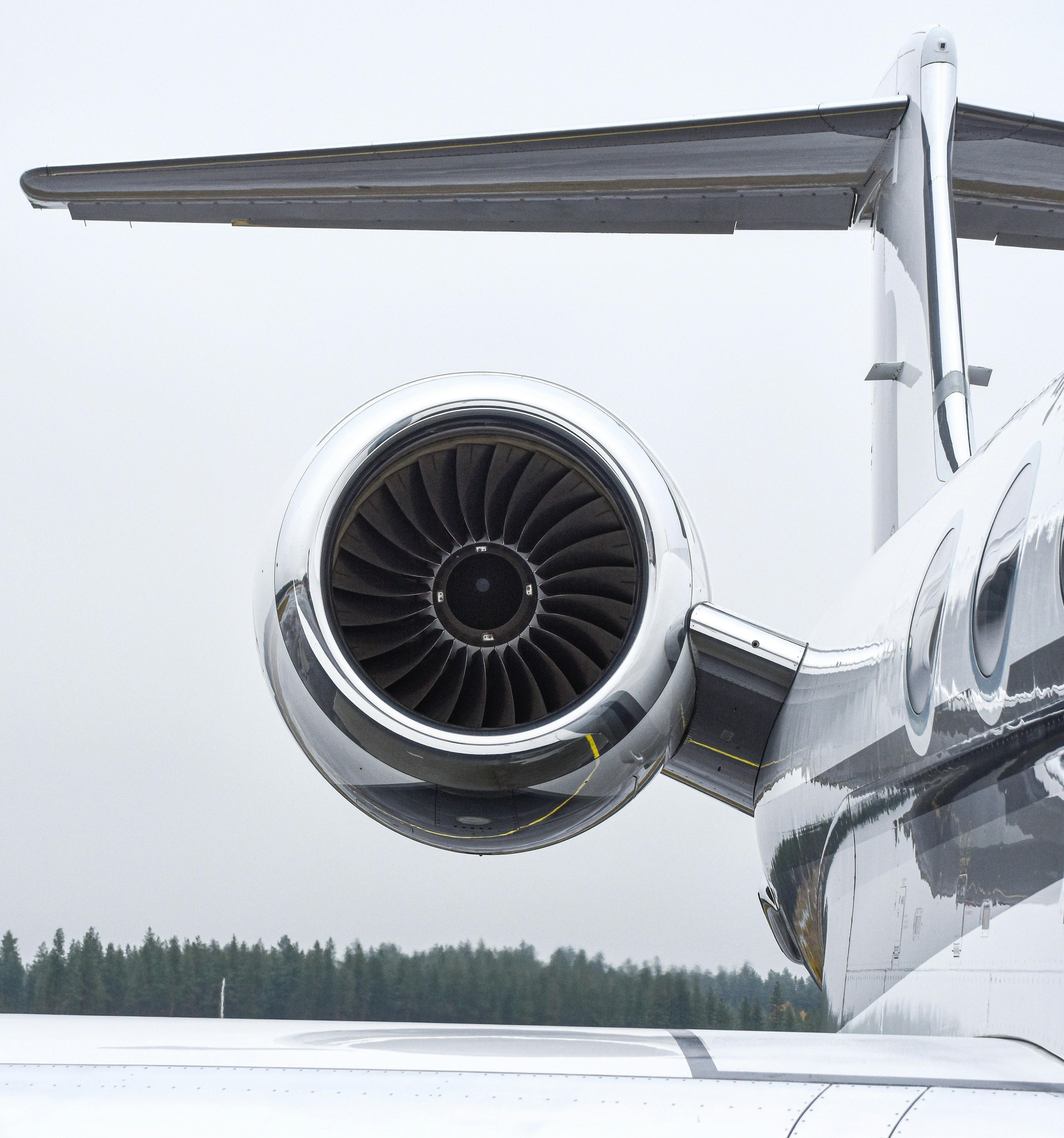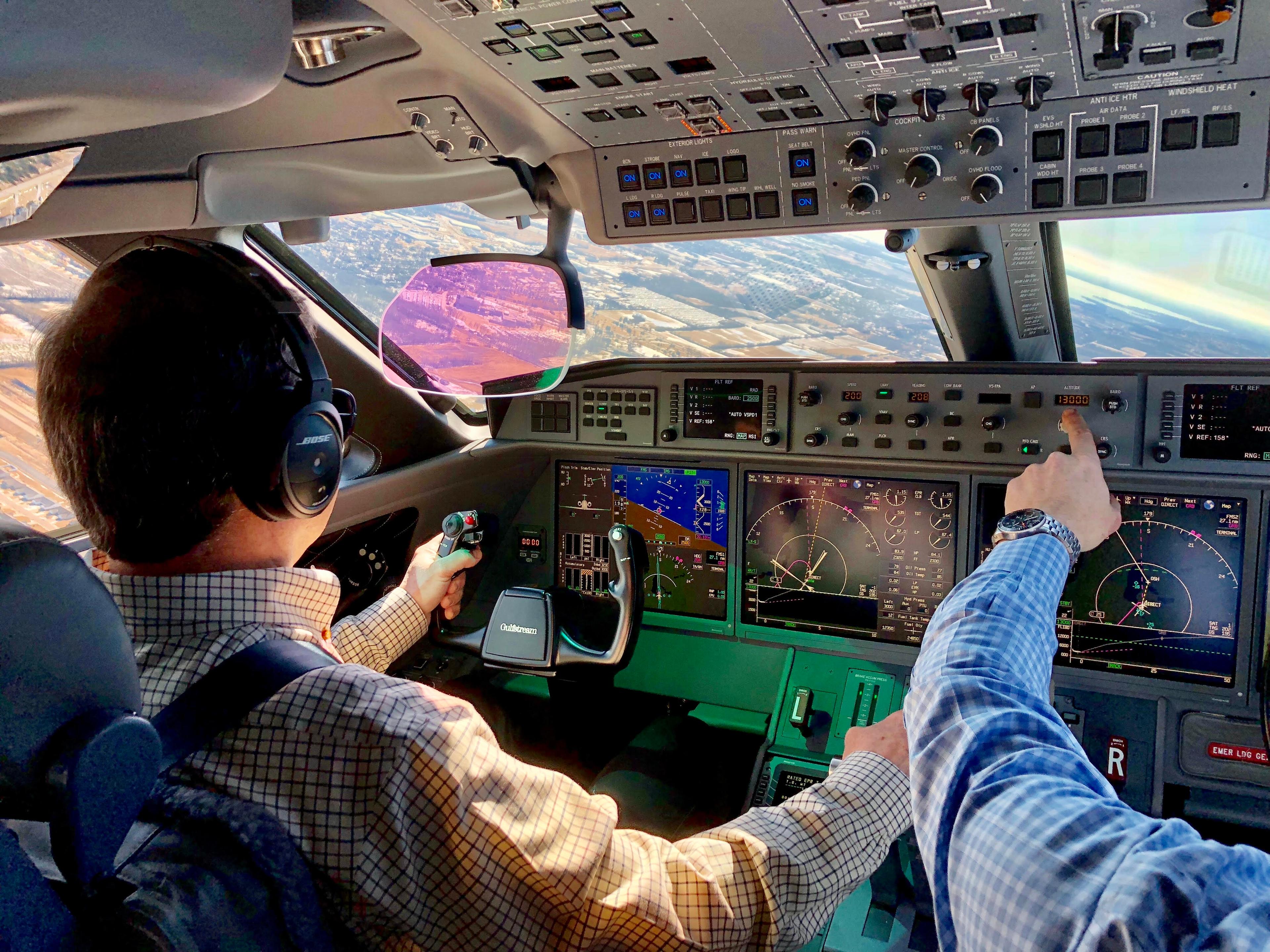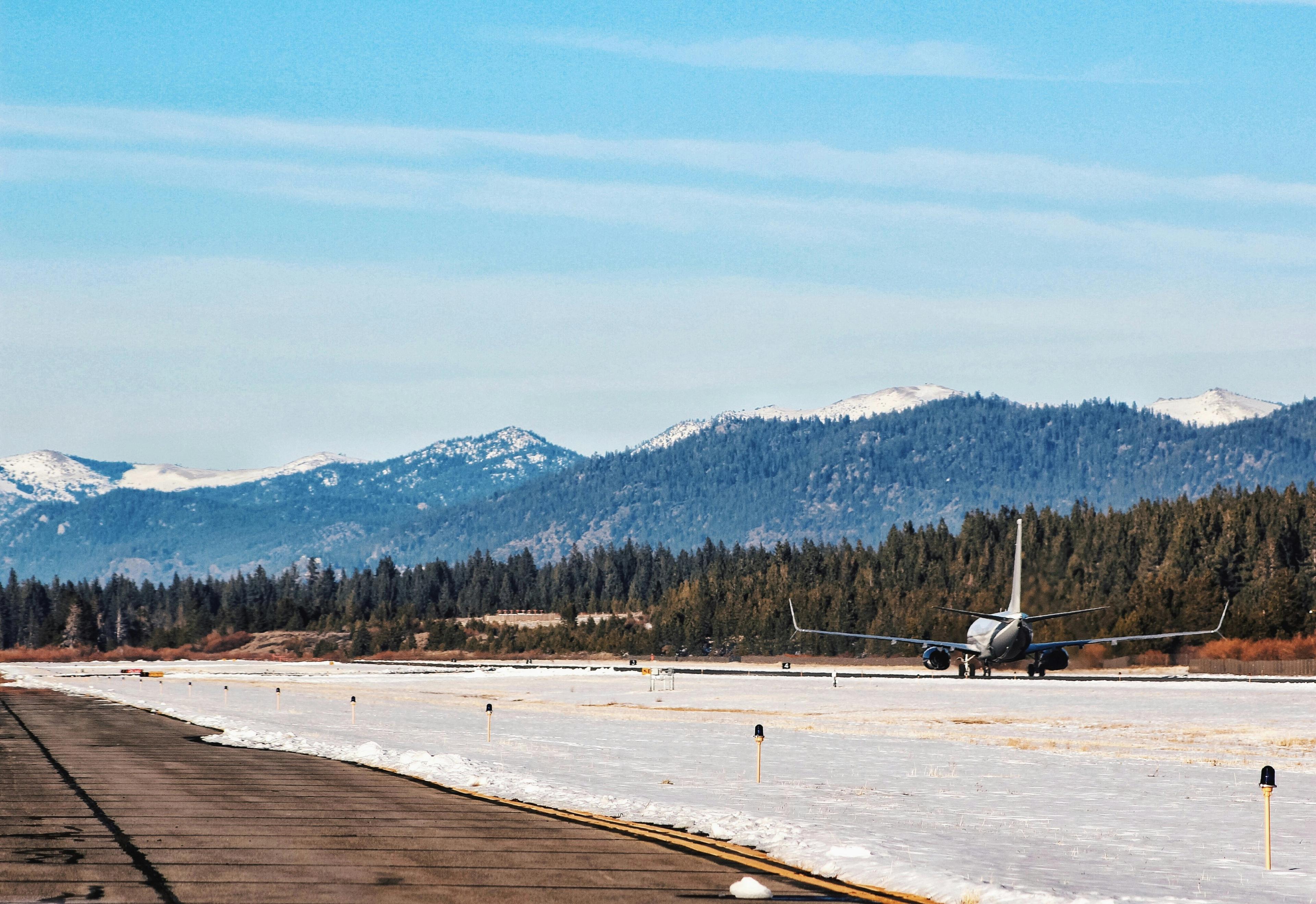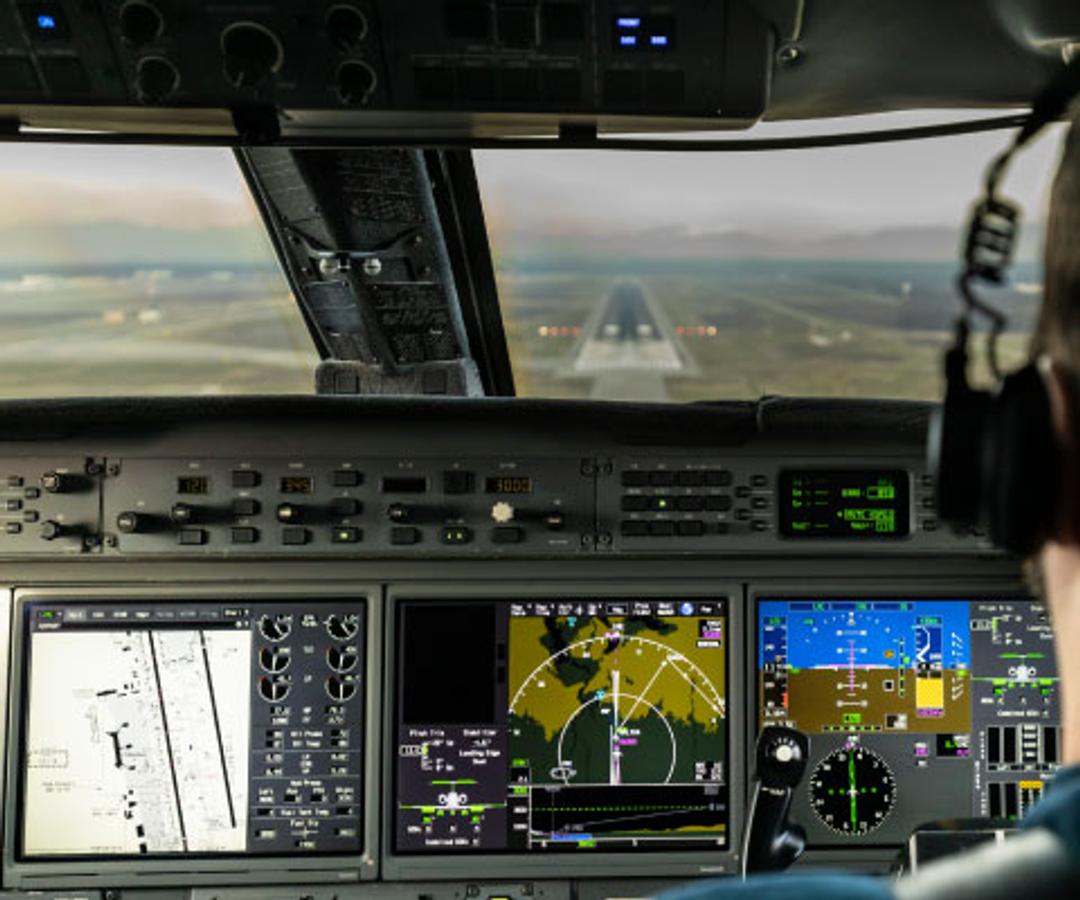

Life in aviation moves fast — schedules flip, calls come early, and days stretch long. When your career literally takes you miles away from home on a regular basis, it’s easy for work to consume your bandwidth and for personal life to slip into the “someday” category.
But here’s the truth: your body, mind, and relationships can’t be put on autopilot without consequences. Burnout doesn’t announce itself with flashing cockpit lights — it creeps in through fatigue, short tempers, missed workouts, skipped meals, and disconnection from the people and activities that matter most.
This month, we’re diving into five key power zones to help you navigate the busy season without losing yourself:
- Boundaries That Actually Hold
- Micro-Rest on the Move
- Relationships in Motion
- Energy Scheduling
- Stress Signals You Can’t Ignore
1. Boundaries That Actually Hold
It’s not just about saying “no” — it’s about setting realistic expectations with yourself and others. Boundaries in aviation work like airspace rules: they keep you safe, prevent collisions, and ensure you have the room you need to operate.
Practical ways to make them stick:
- Create a pre-commitment checklist: Before you say yes to anything extra (social event, overtime, volunteer gig), ask: Do I actually have the bandwidth for this?
- Protect your non-negotiables: Maybe it’s your workout, your Sunday dinner, or 8 hours of sleep before an early flight. Put it on the calendar first and let work fit around it where possible.
- Say it early, say it clear: No one reads minds, not even your captain. If you need time for recovery or family, state it before conflicts arise.
Boundaries aren’t walls — they’re runways. They guide you to land safely in every season.
2. Micro-Rest on the Move
Rest isn’t always about a full day off. In aviation, rest can be measured in minutes — and if you use those minutes wisely, they can be as restorative as an entire afternoon.
Three quick resets that work anywhere:
- 3-minute meditation between flights: Find a quiet corner in the crew room or your hotel, set a timer, and focus on breathing.
- Box breathing at the gate: Inhale for 4, hold for 4, exhale for 4, hold for 4 — repeat for 3–5 minutes. It calms your nervous system and improves focus.
- Headphone “quiet mode”: Use noise-canceling or ambient music to give your brain a break from constant sound.
Small, intentional breaks keep your focus sharp and your mood steady — just like regular maintenance keeps your aircraft running smoothly.
3. Relationships in Motion
Distance doesn’t have to mean disconnection. Whether it’s your partner, kids, or friends, intentional connection keeps relationships strong — even when you’re separated by time zones.
Ways to stay connected:
- Pre-plan touchpoints: Send a quick voice note, video, or photo from a layover.
- Prioritize quality over quantity: Ten minutes of undistracted time beats an hour of distracted scrolling.
- Share your schedule: Let your loved ones know when you’ll be available so they can plan calls or visits.
Connection is fuel — and just like fuel, you can’t run on empty for long.
4. Energy Scheduling
Energy is your most valuable resource in aviation. If you spend it without intention, you’ll burn out fast — just like running an engine without monitoring fuel flow.
How to plan your energy like you plan your route:
- Anchor high-energy tasks when you’re sharpest: For many, that’s mornings before flights or right after a solid rest.
- Recover after intense trips: Plan a slower morning or lighter day after long hauls or high-demand schedules.
- Save low-focus tasks for low-energy hours: Use this time for admin work, expense reports, or light trip prep.
Your time might be fixed — but your energy is flexible when you plan for it.
5. Stress Signals You Can’t Ignore
Stress in aviation doesn’t just live in your head — it shows up in your body, your performance, and your relationships. The earlier you spot it, the faster you can correct the course.
Warning lights to watch for:
- Short fuse or irritability with crew/passengers
- Trouble focusing or making small mistakes
- Difficulty sleeping even when you’re tired
- Muscle tension, headaches, or stomach issues
How to respond:
- Pause and breathe: Box breathing, a walk, or simply stepping away for a moment.
- Prioritize recovery: Dial in your nutrition, hydration, movement, and rest.
- Talk it out: Whether with crew, friends, or a professional, verbalizing stress helps lighten the load.
Ignoring stress is like ignoring a cockpit warning light — it doesn’t go away on its own.
Balance isn’t about perfect symmetry between work and personal life — it’s about staying steady in turbulence and knowing when to shift your weight. Keep your boundaries clear, your rest intentional, your connections alive, your energy protected, and your stress signals in check.
When you do, you don’t just survive the busy season — you fly through it on your own terms.
LiVE Well. Be Well. Coach MegS, LiVE iT FWD Coaching ✈️ 📧 [email protected]
Employers - register here to search our qualified Pilots by Type Rating / Aircraft, find Contract / Part Time Pilots or search Pilots by Location Worldwide on BizJetJobs.com, home of the most qualified and current corporate pilots ready to work now.
Aviation Crew - If you don't have an account yet, it's quick and easy to create one.
BizJetJobs.com YouTube Channel has helpful videos on how to get the most out of your membership, both for Aviation employers and aviation job seekers.
Questions?
Give us a call at (402) 253-7809 or email us at [email protected].




